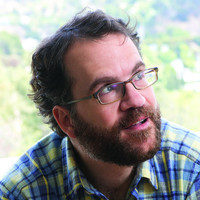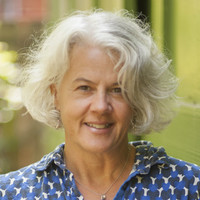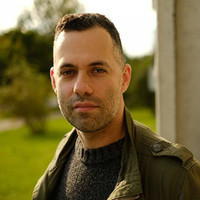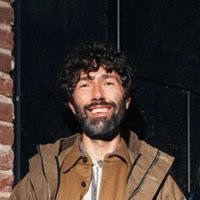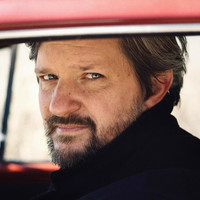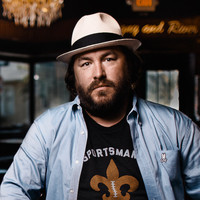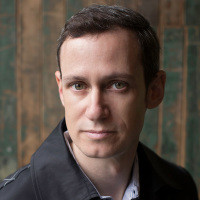Tom Bissell is a journalist, critic, video game writer, and author of The Disaster Artist: My Life Inside The Room, the Greatest Bad Movie Ever Made. His latest book is Magic Hours.
“I kind of have come around to maybe not as monkish or fanatical devotion to sentence idolatry as I was when I was a younger writer, earlier in my career. I think I’m coming around to a place where a lot of middle-aged writers get to, which is: I tried to rewire and change the world with the beauty of language alone—it didn’t work. Now how about I try to write stuff that’s true, or that’s not determined to show people I am a Great Writer. Like a lot of young writers, you’re driven by that. Then at a certain point you realize A) you’re not going to be the Great Writer you wanted to be, and B) the determination of that is completely beyond your power to control, so best that you just write as best you can and as honestly as you can, and everything else just sort of becomes gravy.”
Thanks to MailChimp and Tripping.com for sponsoring this week's episode.
